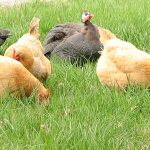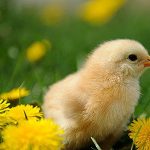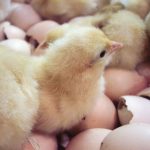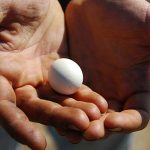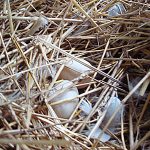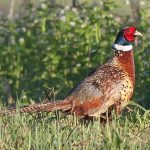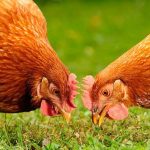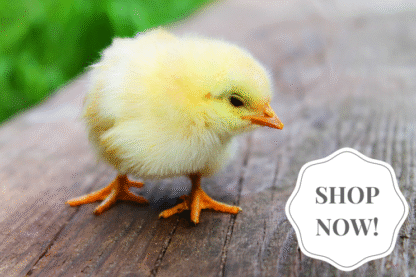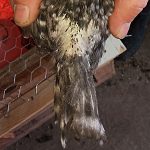
A chick’s baby feathers are delicate and vulnerable while the bird grows a complete set of adult plumage. Until then, unsightly feather loss in baby chicks may be caused by rubbing or picking. Sequential Molting When a chick reaches the age of three and four weeks, its body feathers grow and fill out. By the […]
Continue Reading
